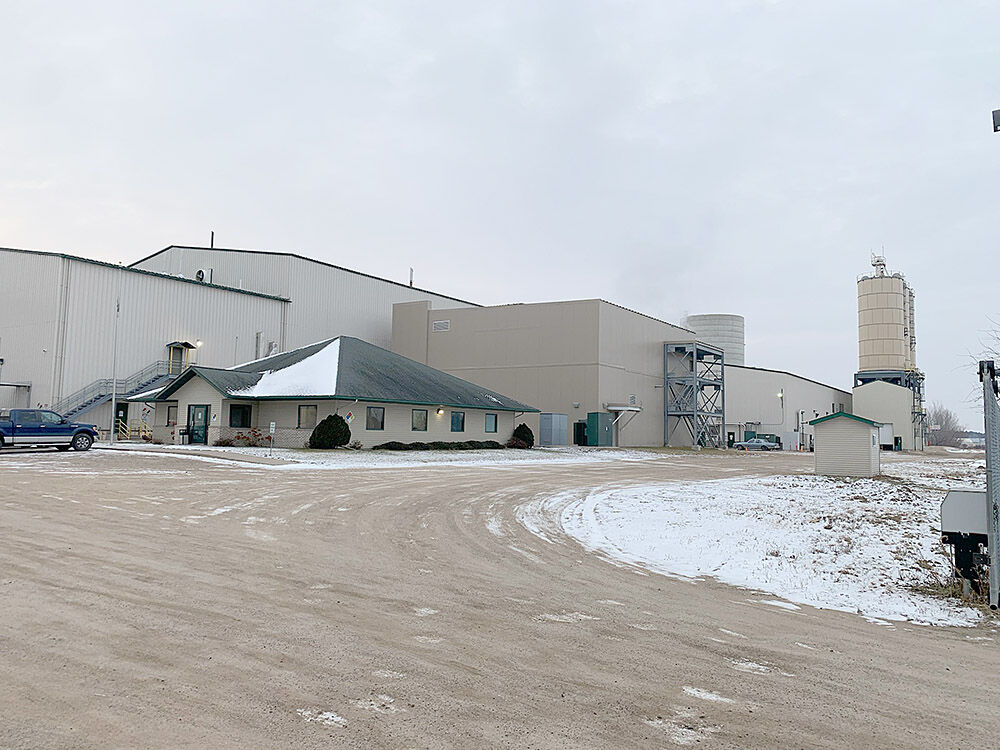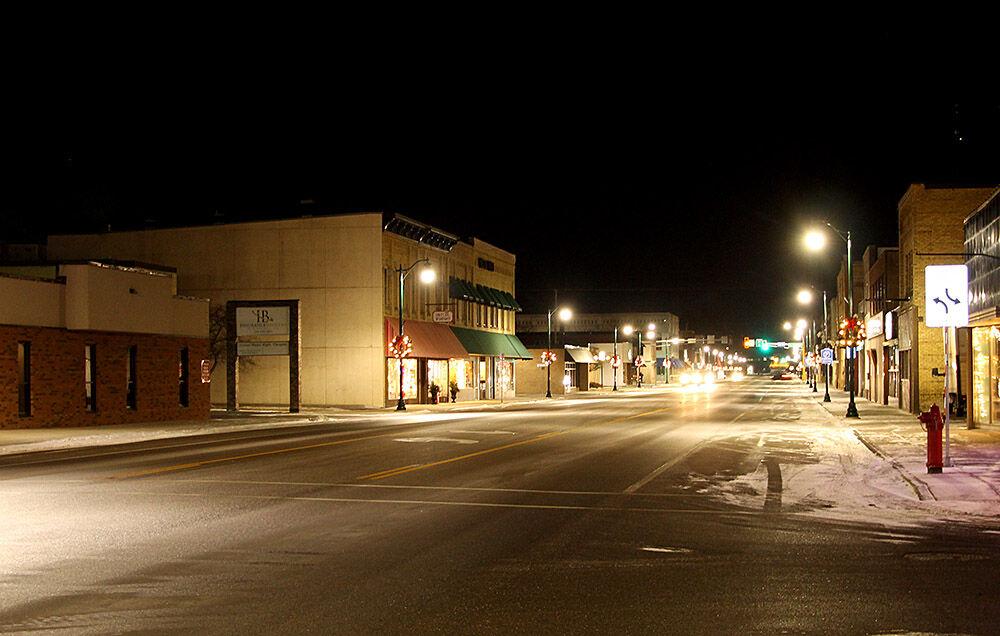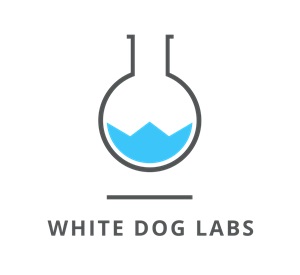NuMake strives to make world a healthier place

19 Dec 2020
New Business, News, Business, Manufacturing, Workforce, Economic Development, Business Expansion, Agriculture
A company operating in Little Falls is helping people stay healthy during the COVID-19 pandemic, and it may soon be on the leading edge of alternative food sources.
NuMake, LLC, is owned by White Dog Labs of New Castle, Delaware. The biotech firm completed its acquisition of the former Central Minnesota Renewables plant earlier this year. It is helping promote health during the pandemic by producing USP-grade ethanol, the high-grade agent found in hand sanitizer.
Little Falls Plant Manager Ryan Carruth said NuMake is considered an “ethanol refiner” in its current state. As such, it takes in feedstock and puts it through a two-step distillation process, before going through a proprietary system that creates a “very high” grade of ethanol, according to White Dog Labs CEO Bryan Tracy.
“It’s all about smell and impurity composition,” Tracy said, referring to what makes high-grade ethanol.
Hand sanitizer will typically have about a 60%-80% alcohol composition by weight. Products that include lower-grade ethanols will have removed the toxins and basic impurities from the compound, but will not have removed a bulk of the impurities. This is detectable by the layperson by its smell.
“When you use a hand sanitizer, you want it to smell clean; you want to feel clean,” Tracy said. “The stuff that is poorly refined, they’ve left a lot of those smelly impurities within the compound.”
Hand sanitizer is only one market for NuMake’s USP-grade ethanol. It is also used for personal care products such as lotions, shampoos, and soaps along with many cleaning products.
The production of USP-grade ethanol is only the tip of the iceberg in terms of what is planned for NuMake. Within the next year, Tracy expects the Little Falls plant will begin to produce a new protein that can be used in food sources for both humans and animals. The Little Falls facility will start on a modest scale and continue to build up over the next two or three years.
More Topics






